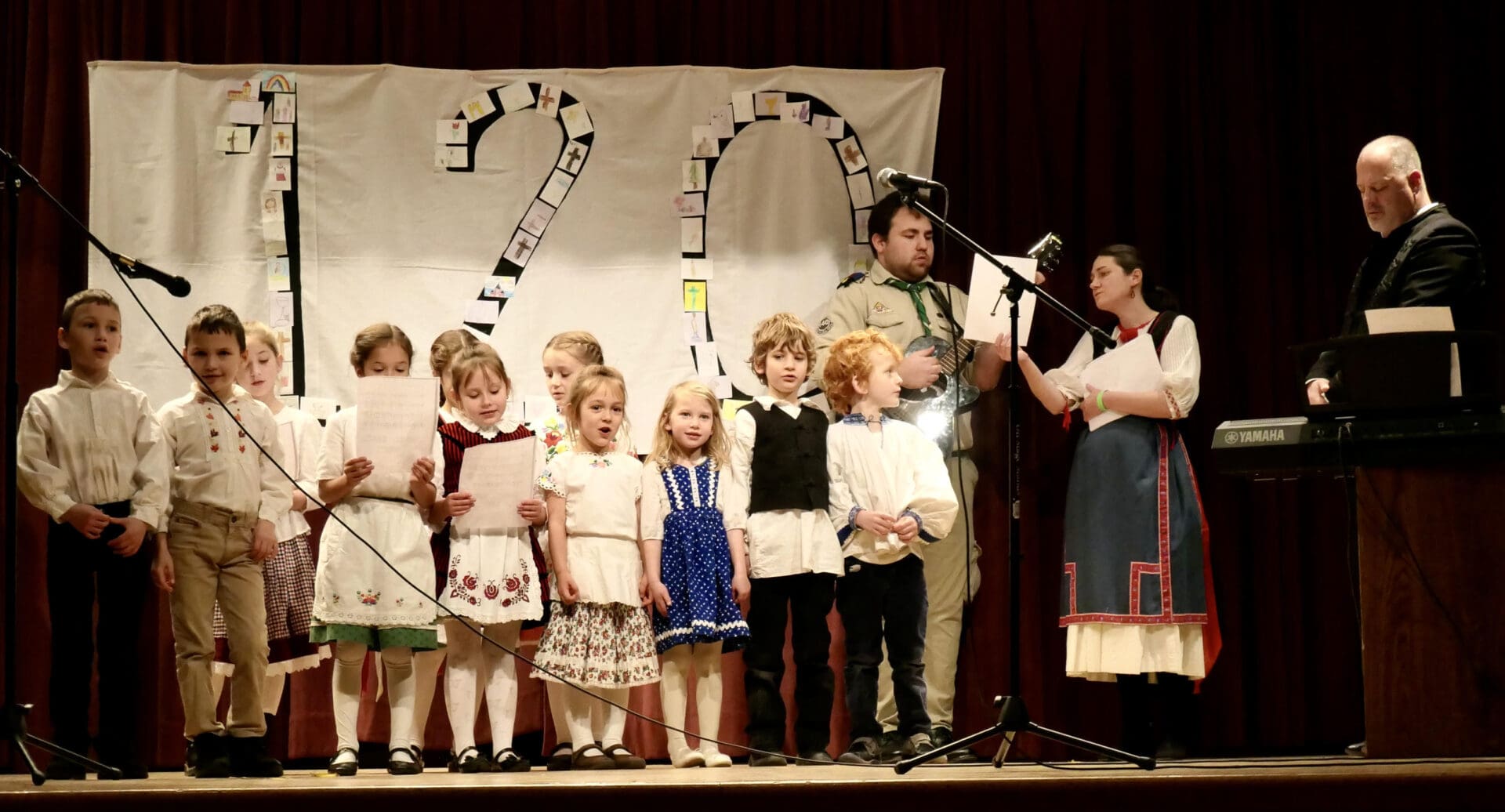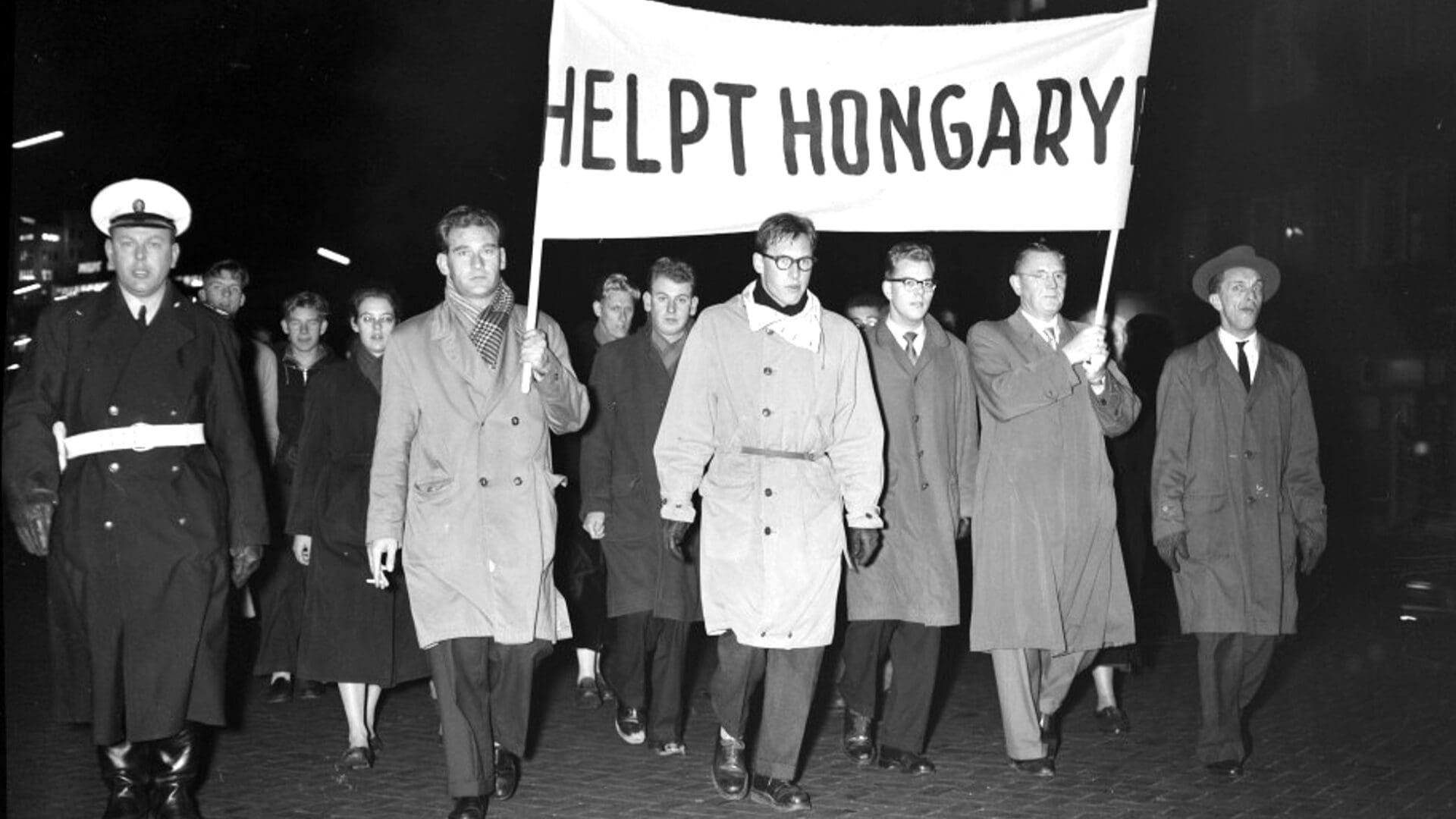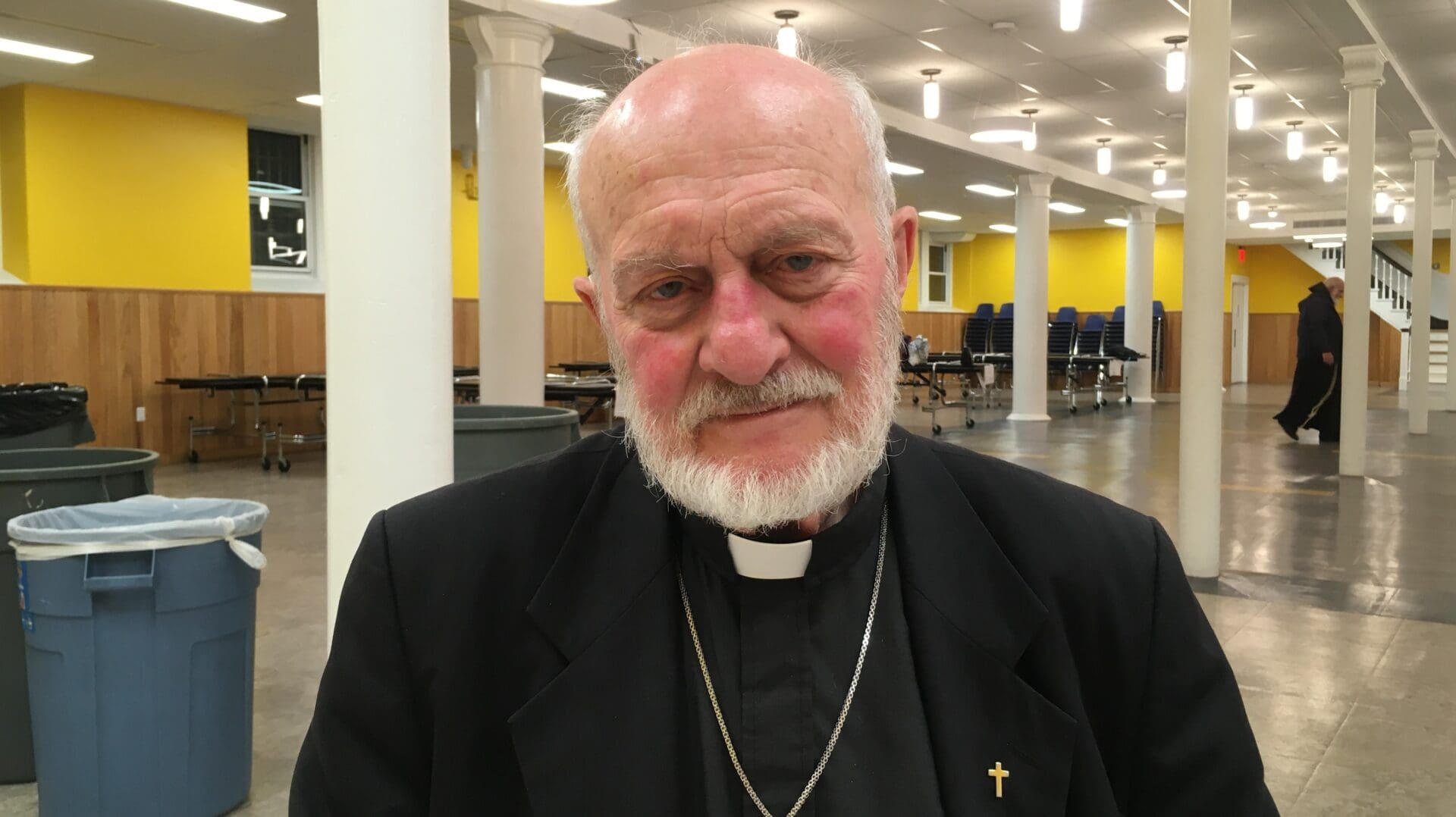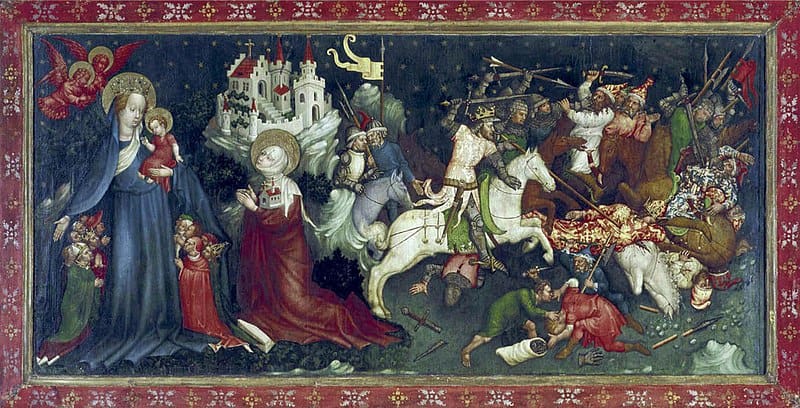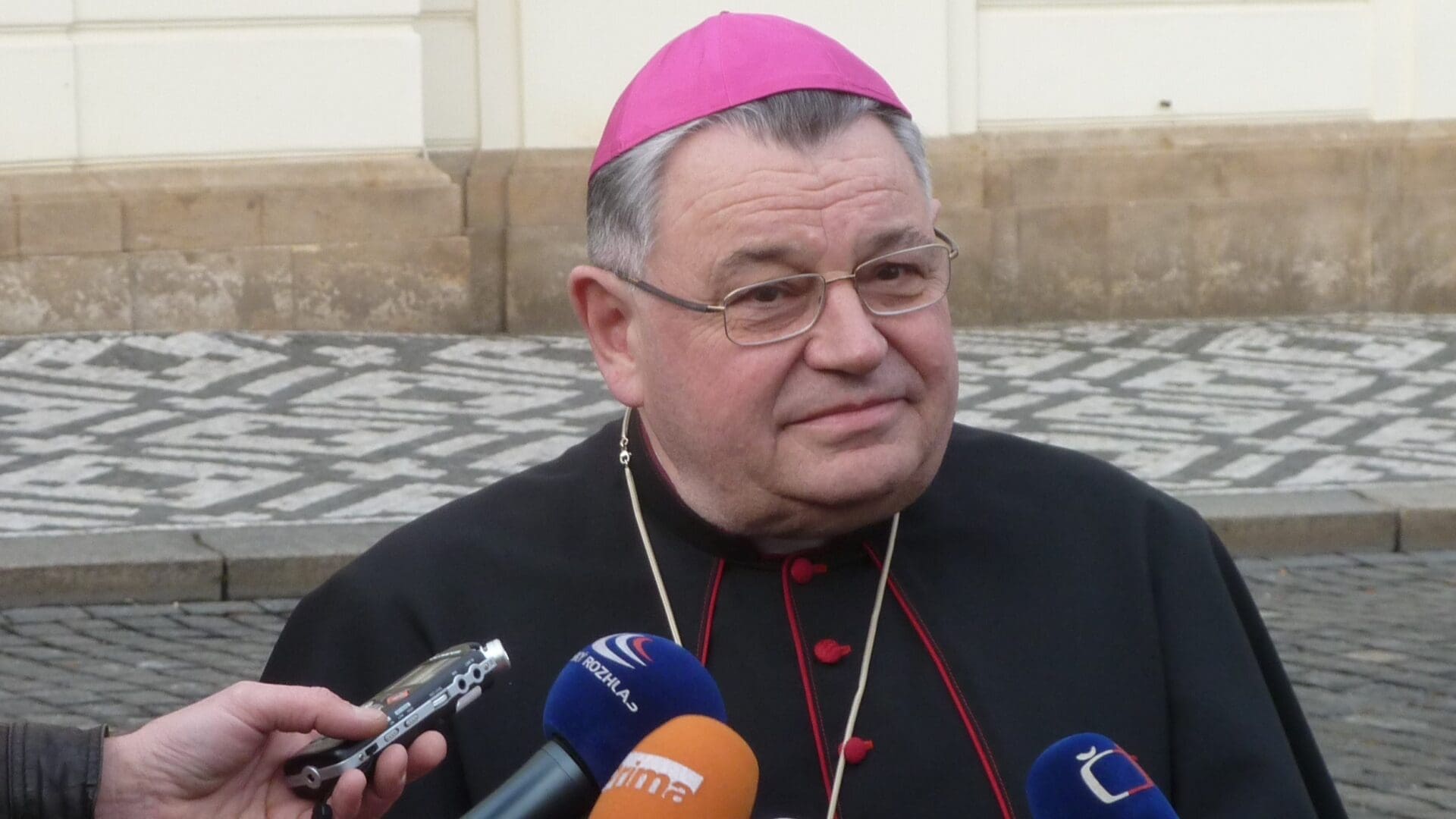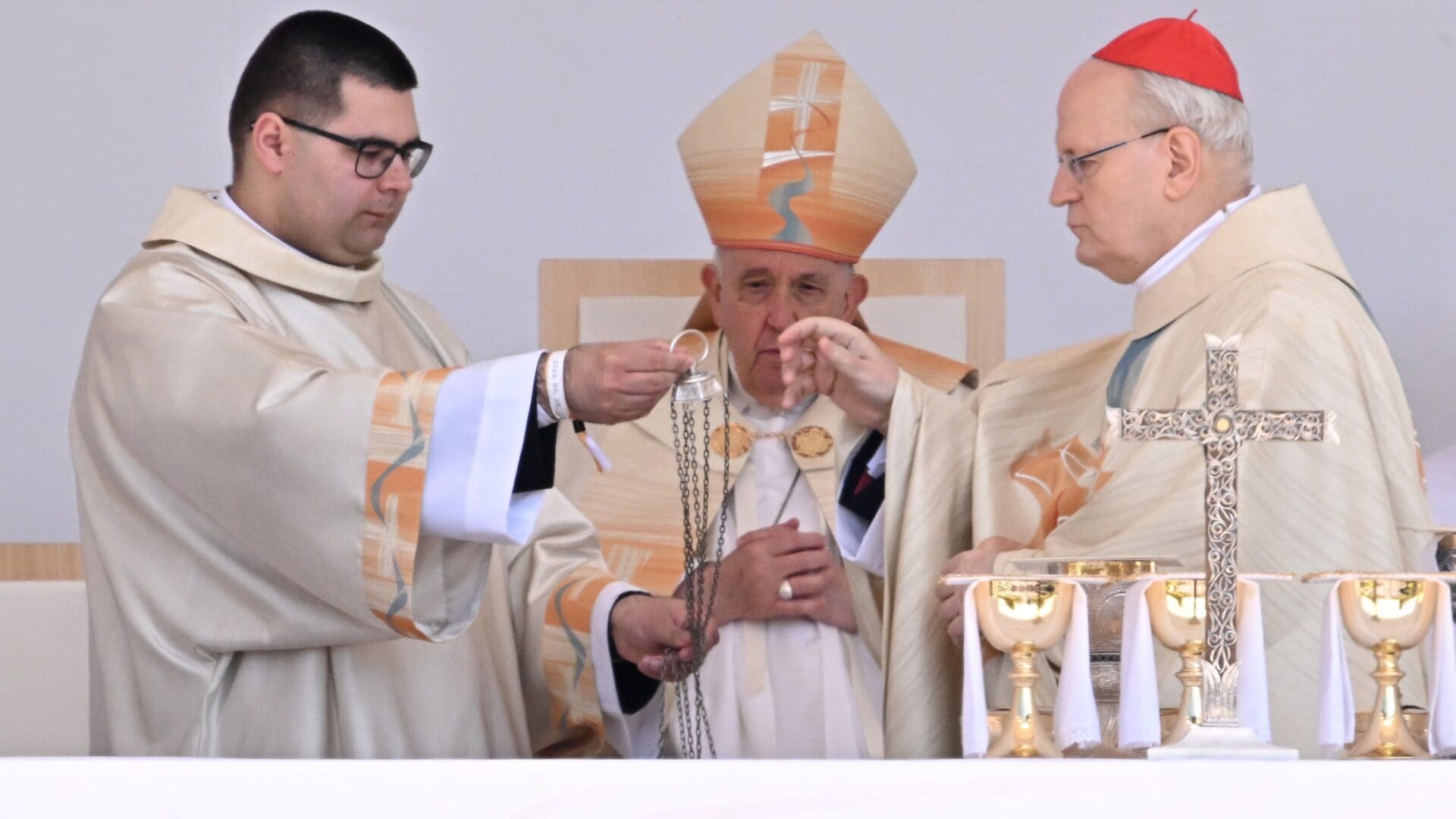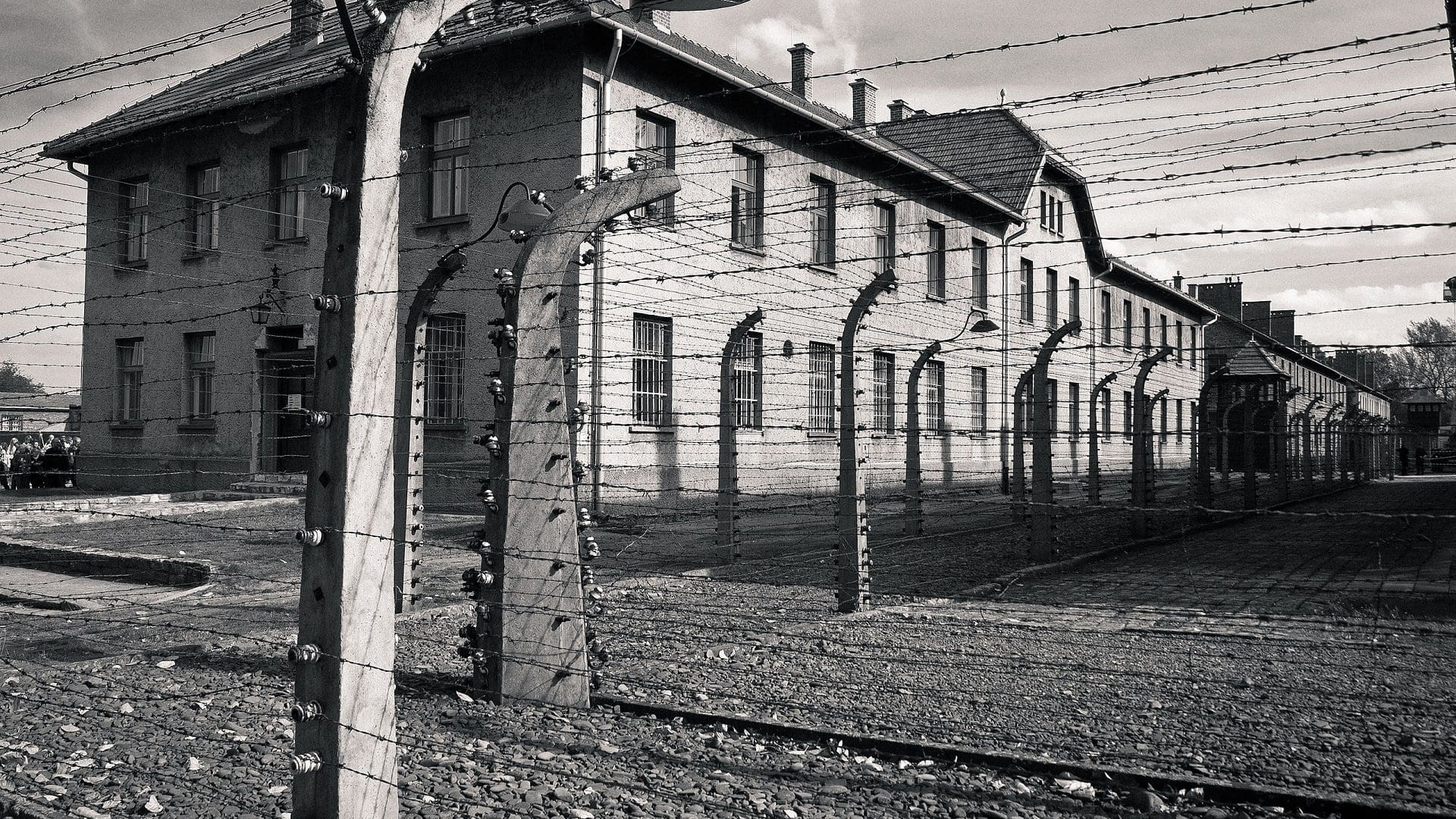
A Life of Community Service — An Interview with Andrea Mészáros, Former President of the Cleveland Hungarian Museum and President of the United Hungarian Societies
Andrea Mészáros has been an active member of the Hungarian community in Cleveland since her childhood. In the interview she talks about her family, her strong attachment and dedication to the Hungarian community, her different roles in its service, and her belief in the power of community.


